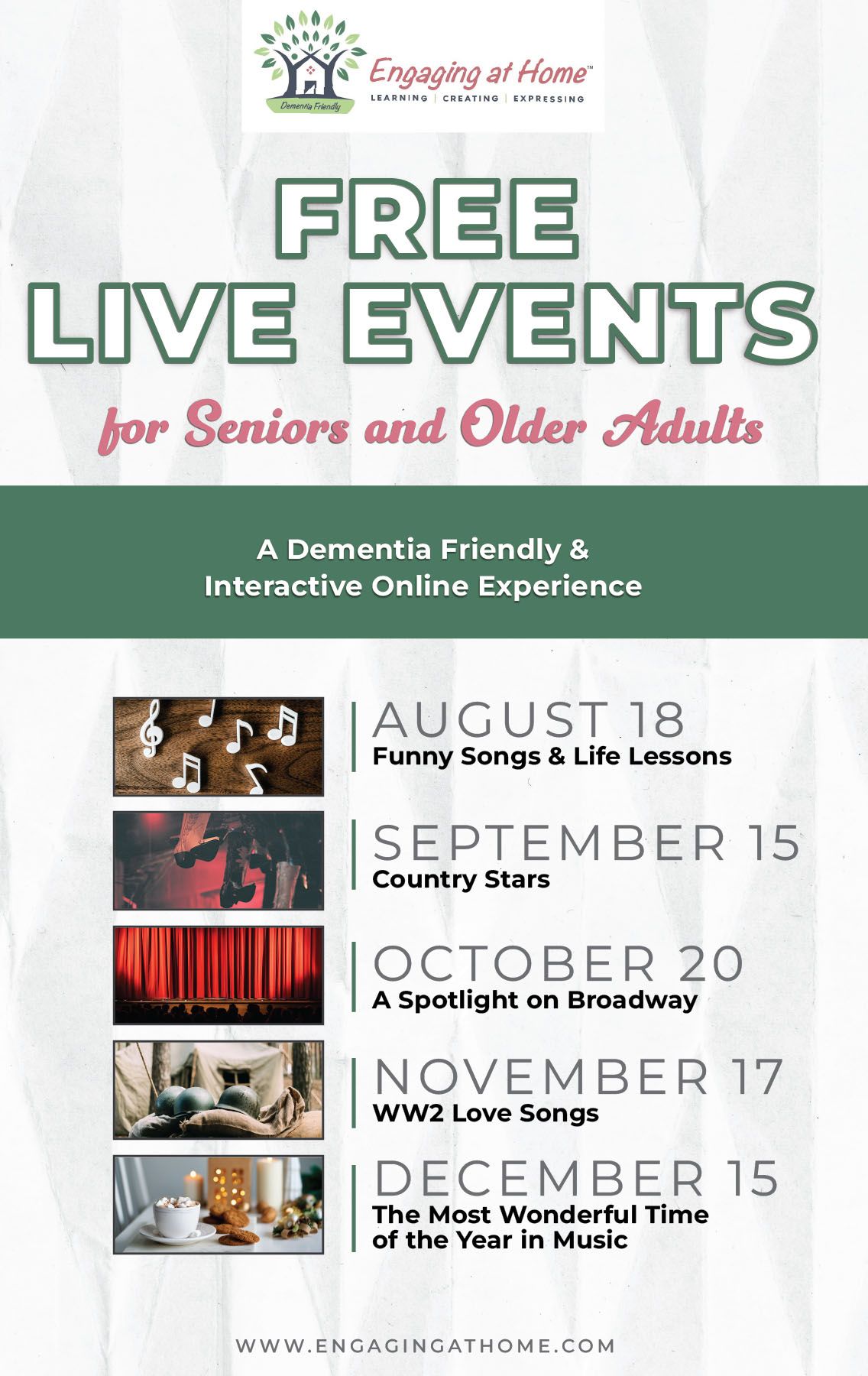
Have you ever been in a crowded room and wondered how many people there will have Alzheimer’s disease? Or, maybe you have even asked whether you will one day be the one diagnosed with this progressive brain disease. It’s a scary thought to have, especially when you start running through different scenarios such as, “Who is going to take care of my loved one if I’m no longer able to?” or, “Who’s going to be the one to take care of me?” There’s an abundance of fear connected to caring for a loved one with dementia that stems from the idea that the disease has already been hardwired into your future. Thankfully, we are here to tell you that, with the right steps, this doesn’t have to be the case.
While scientists have yet to identify a cure for Alzheimer’s, it doesn’t mean you’re fighting a losing battle. Neuroscientist Lisa Genova gave a TED Talk that expanded on investigations into changes in the brain’s proteins signifying the progression of Alzheimer’s and how, even once these changes have started, there is still time to act. Genova states, “This information is actually really good news for us because it turns out that the way we live can influence the accumulation of [proteins]. And so, there are things we can do to keep us from reaching [a] tipping point.”
One of Genova’s suggestions is getting enough sleep. Not only have studies found that sleeping well is great for maintaining memory function, but getting enough deep sleep can act as a power cleanse for washing out some of your brain’s oversupply of proteins. Researchers atHarvard Medical Schoolhave found that individuals who sleep fewer than five hours per night are twice as likely to develop dementia compared to those who sleep six to eight hours. So, if you find yourself losing out on sleep, consider shifting your daily routine to allow for a few more hours of some much-needed shut-eye.
It’s important to take care of your heart, too. The National Institute on Agingstates that people with better cardiovascular health at age 50 may be less likely to develop dementia later in life. The reason is that your heart pumps blood to every part of your body, including your brain, and damage to your blood vessels could put you at a higher risk for dementia. With this in mind, the CDC warns that alcohol consumption and smoking are two common lifestyle choices that severely impact your heart and brain health. They also note that managing your blood pressure, cholesterol, and blood sugar levels can help reduce your cardiovascular risk and Alzheimer’s disease.
If high blood pressure or cholesterol are things that you are already faced with or know run in your family, then that’s okay – there is still time to make valuable changes that benefit your body’s health! Small adjustments to your diet may be key in helping improve your numbers while simultaneously boosting your memory recall. For example, some studies suggest that adding at least half a serving a day of a wide variety of colorful fruits and vegetables may lower your risk of cognitive decline by up to 20 percent. These foods include cranberries, strawberries, and blueberries, all known to have naturally occurring antioxidants and inflammation-fighting effects.
As a caregiver, we recognize that you might be spending so much time caring for your loved one with dementia that maybe you haven’t considered your own risk. Or, in retrospect, perhaps caring for mom or dad has left a seedling of fear in the back of your brain that tells you your fate has already been sealed. The good news is you still have time to create a better tomorrow.



